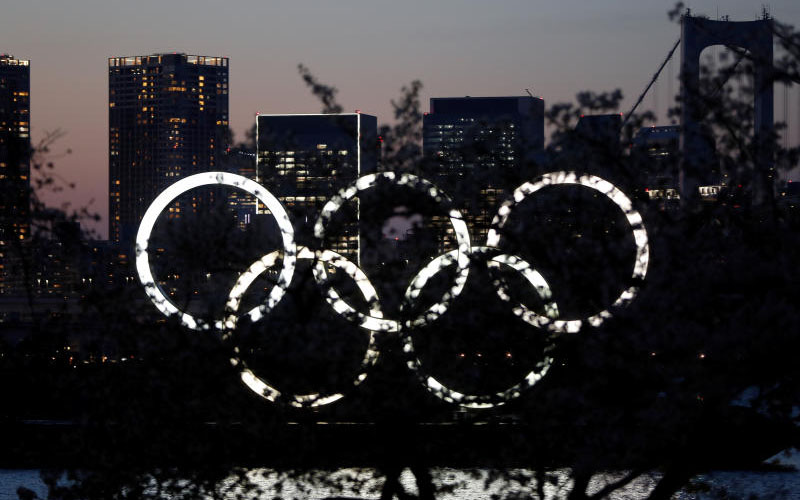×
The Standard e-Paper
Smart Minds Choose Us

As of Thursday, 10:00 am, March 26, 2020, the novel Coronavirus (Covid-19) had infected more than 473,000 people globally, with over 21,000 deaths confirmed.
According to corona.help, Japan had registered more than 1000 infections, with over 40 deaths. However, the country had made 310 recoveries, with over 950 cases still active.